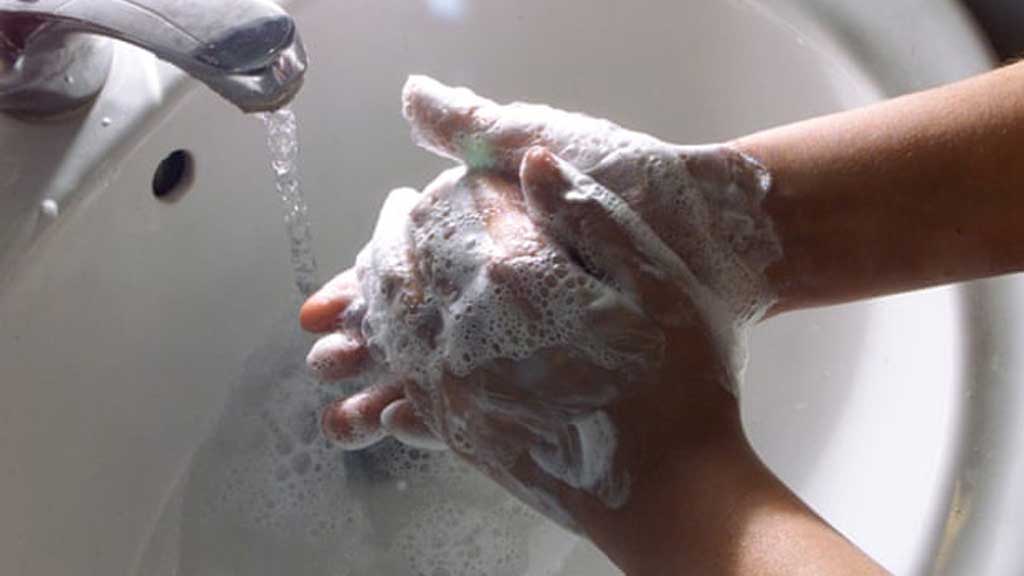Analysis of studies involving 160,000 people across three continents reinforces message that handwashing is not just for pandemics.
In this review, the team – drawn from the London School of Hygiene & Tropical Medicine (LSHTM) as well as the World Health Organisation and other universities – analysed 26 studies investigating the impact of interventions promoting handwashing with soap in domestic, school or childcare settings in LMICs on morbidity from ARIs.
These findings, from one of the largest known meta-analyses to date on this topic, highlight what the research team call a ‘missed opportunity’ to reduce the burden of respiratory disease.
ARIs are infections of the respiratory tract by viruses or bacteria that affect breathing. They can be categorised into two types, upper (URI) or lower (LRI), depending on the location of infection either above or below the voice box, respectively. Examples of ARIs include the common cold, influenza and pneumonia.
Recently the virus SARS-CoV-2 (responsible for Covid-19, an ARI) led governments worldwide to recommend public health measures including handwashing with soap to combat infection.
Whilst Covid-19 has drawn unprecedented attention, endemic ARIs remain a leading cause of mortality worldwide. Globally, ARIs are responsible for as many as 2.5 million deaths in 2019; with over 80% of these deaths occurring in low and middle-income nations.
Overall, interventions promoting handwashing with soap were responsible for reducing the morbidity, or burden, of ARI by 17% compared to when no handwashing intervention was implicated.
The authors emphasise that these findings provide evidence for the importance of more extensively promoting handwashing measures to help reduce the burden of ARIs in LMICs beyond the pandemic context. Whilst the authors only investigated LMICs, by considering previous global estimates they predict that their results are also applicable to high-income countries.
Lead author Dr. Ian Ross, from LSHTM, said: “Today, the UN estimates that 1.8 billion people lack access to a water tap in their home or yard. Our results show what might be achieved with sustained government action to promote handwashing and ensure universal access to the underlying infrastructure of water supply and soap.”
pll/mgt/crc










